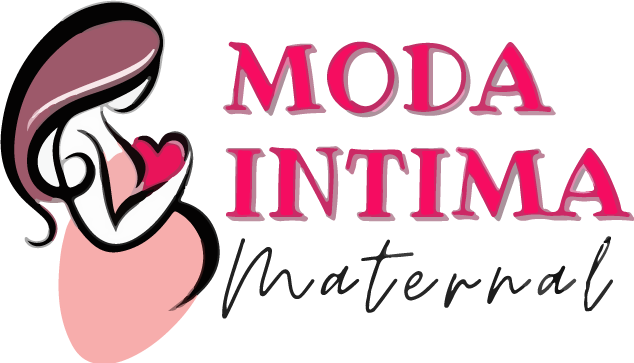A well-prepared budget enables a hotel to estimate its revenue and expenses for a given period. It allows management to allocate resources efficiently, identify potential cost savings, and set realistic financial goals. Monthly reviews of financial statements and operating cash flow help team leaders make informed decisions on revenue goals, ensuring the financial health of the hotel business. Having a financial plan in place helps hotel managers control costs and ensure the hotel’s operations run smoothly. Operational costs, including both fixed and variable expenses, form a significant part of the hotel budget. Occupancy rates are a crucial factor in budget planning because they impact revenue, staffing, and inventory management.
Leveraging Artificial Intelligence in Student Housing Management
- Hotels that consistently prepare accurate budgets and forecasts are more likely to achieve long-term success.
- Use this data to make a capital budget, and remember to include any unexpected hotel repairs.
- Each stakeholder brings a unique perspective and expertise to the budgeting process.
- Its primary purpose is to ensure smooth operation while controlling variable costs and maintaining optimal service levels.
- Hotels can definitely turn the tables around if they encounter bad reviews simply by having an adequate strategy to respond to them, carefully analysing these free insights, and acting upon them.
- Additionally, you should analyze last year’s key metrics, such as occupancy rates, average daily rates (ADR), RevPAR (Revenue per Available Room), and customer acquisition costs.
Labor costs are a significant part of the operational budget, representing around 20-25% of overall live roster costs. A well-structured operational budget supports the hotel’s revenue management strategies, optimizing resource allocation for maximum income. To create a hotel budget, start recording transactions by gathering historical data and market insights to inform your forecasting.
Why events are shaking up the world of travel – and what this means for hotel revenue management
Be sure to track changes in guest behavior to refine your projections for the following year. Moreover, the strategic plan can help hotels identify training and development needs, thus allocating resources accordingly. A well-trained workforce not only enhances guest satisfaction but also helps reduce costly turnover and overall financial performance in the long run. The operational budget focuses on day-to-day activities related to generating revenue and controlling costs.
Hotel Budgeting Tools and Software
By focusing on budget performance and detailed budgeting, hotels law firm chart of accounts are able to reduce costs while still providing high-quality service. It’s important to keep the annual budget aligned with the hotel’s strategic planning. This means looking at the hotel category, size, and type to set a financial budget that works. Whether you are managing a 3-star hotel or a high-end hotel like Four Seasons Hotel, knowing the key steps hotels must follow is essential.
Do all hotels need a budget?
- While the benefits of yield management remain consistent, the methods for implementing it have evolved significantly.
- Still using spreadsheets and rough, unachievable figures to make your hospitality budget?
- A hotel budget is more than a spreadsheet to ensure your sales revenue can cover your fixed and variable expenses.
- These tools enable hotels to quickly and easily produce budgets and forecasts, model scenarios and generate reports within one scalable solution.
- Discover how The Flat Iron Hotel transformed guest engagement and streamlined operations with HelloShift’s all-in-one platform.
Beyond operational costs, you’ll also want to consider how much to allocate to marketing, property improvements, and technology. Hotel forecasting is key to predicting future revenue based on historical data, market trends and upcoming promotional activities or local events. Forecasting can be done by month, quarter and by year to predict periods of low and high demand. A departmental budget is crafted for each individual department, taking into account both fixed and variable expenses. This also includes marketing budgets, which allocate funds and resources to marketing and promotional activities aimed at increasing bookings and visibility.
You don’t just study one department; you scrutinize every section to list down the budget items. If the expenses of a year meet the budget, then it’s a balanced budget forecasting. The same can be called surplus or deficit, depending on if the expenses are high or low. Capital budgets are designed to account for large investments or projects that are expected to generate value for a long period of time.
Importance of strategic budgeting for your business
This review response assistant has quickly become a game-changer for over 2000 customers. Its promising capacity to elevate your overall rating, amplify response rates, glean insights from customer feedback and economize both time and money, is the reason behind its growing popularity. These reviews provide an opportunity to analyse the effectiveness of the strategies implemented and make hotel budget any necessary adjustments.





